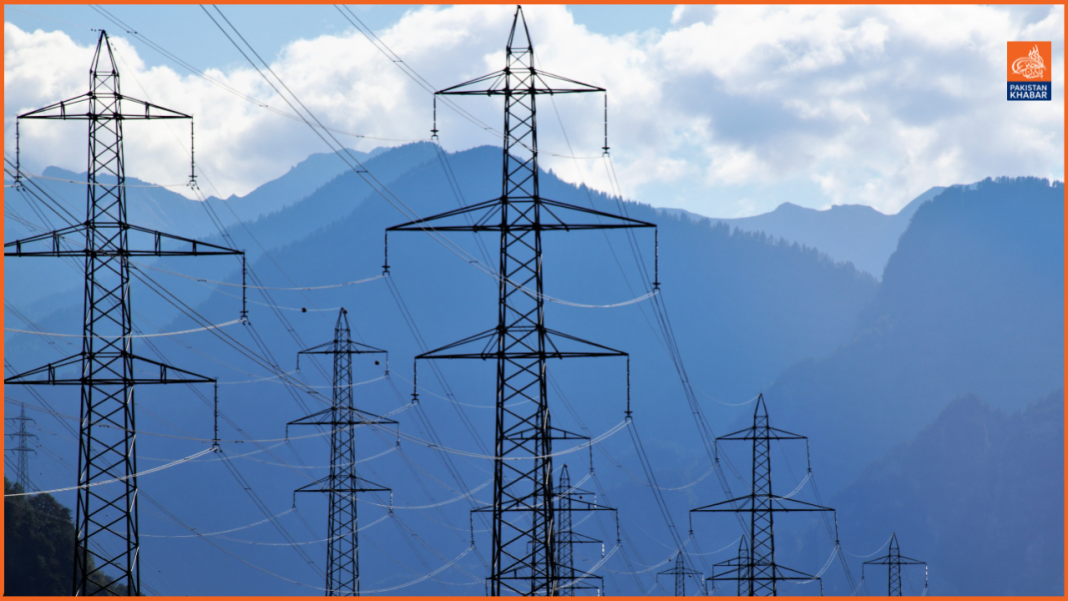A comprehensive reassessment of electricity tariffs, with a focus on consumer affordability, is essential for creating a more equitable energy system in Pakistan.
In a conversation with WealthPK, Dr. Naveed Arshad, a member of Lahore University of Management Sciences’ Energy Institute, emphasized that the country’s current energy landscape is burdened by unsustainable electricity bills for many households. “Rising energy costs are forcing people to cut back on basic necessities, worsening poverty and limiting access to electricity for low-income families,” he noted.
He stressed that the review of tariffs must prioritize fairness and transparency in pricing. Arshad explained that a significant factor driving up electricity costs is the complex tax structure, which includes an 18% General Sales Tax and 1.5% to 2% provincial electricity duties.
“These additional charges, combined with high base costs driven by capacity payments and currency fluctuations, have pushed electricity prices beyond the reach of many consumers. Reevaluating the tax system could alleviate much of this financial burden and make electricity more accessible,” he said.
Kaiser Bengali, former economic adviser to the Sindh government, also spoke to WealthPK, adding that while capacity payments to independent power producers (IPPs) contribute to high tariffs, they account for less than 15% of the total. “The focus should be on systemic reforms to improve the efficiency and reliability of the energy sector,” Bengali explained.
He urged the government to introduce strategic changes to modernize energy infrastructure, reduce inefficiencies, and explore renewable energy sources to decrease dependence on imported fuels. “These reforms would help build a more resilient energy system, protect consumers from price shocks, and promote long-term affordability.”
Bengali also suggested a tiered pricing system, where lower energy consumption would be rewarded with reduced rates. “This would encourage energy conservation and lower costs for disadvantaged groups,” he said. Additionally, he advocated for collaborations with NGOs to promote financial literacy initiatives, helping consumers better manage their energy use and costs.
“Workshops on budgeting and energy efficiency could empower households to make informed decisions, ultimately fostering a more affordable and equitable energy landscape in Pakistan,” Bengali concluded.




